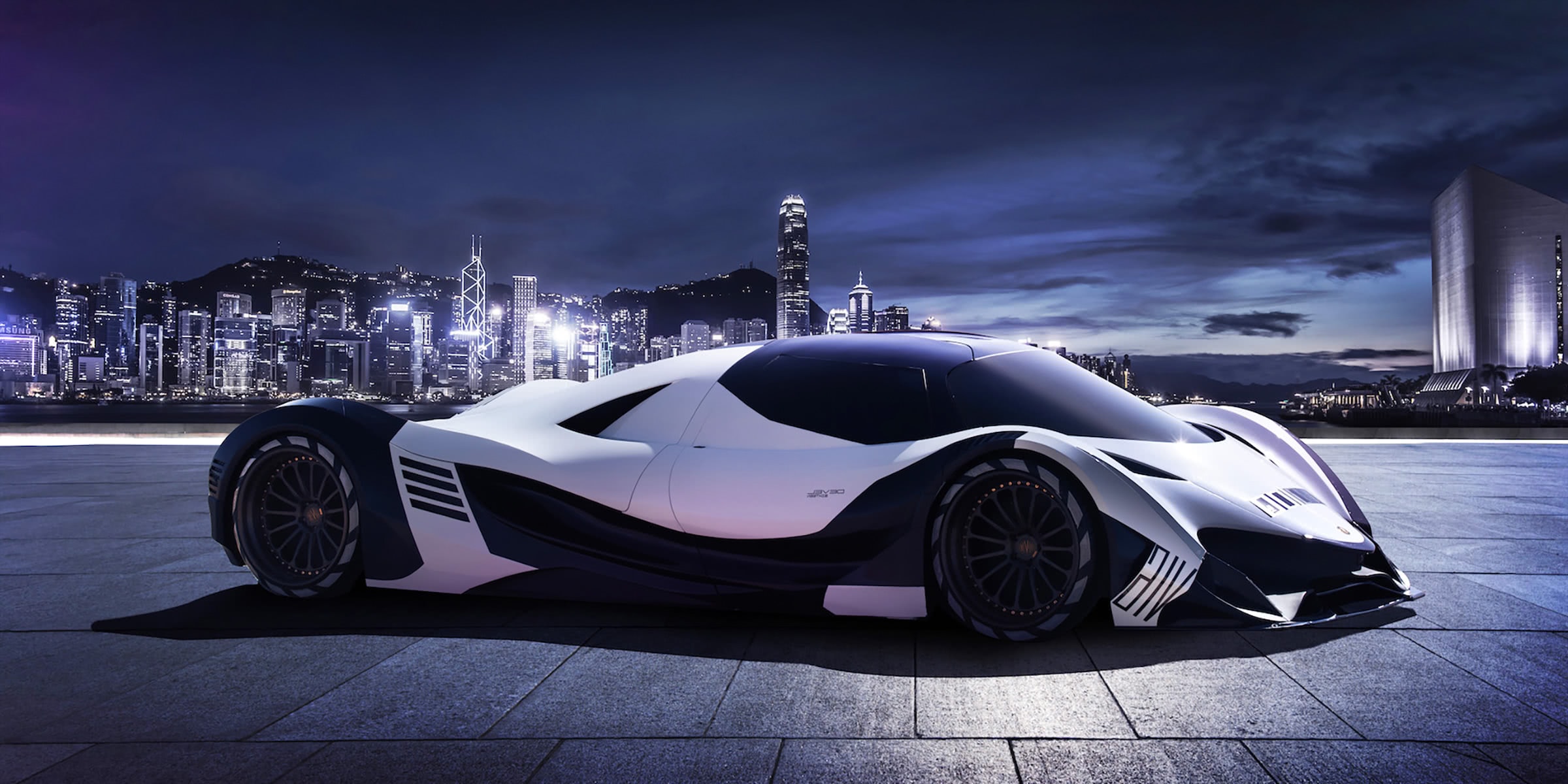
How does an electric car work? Electric cars work on much the same principle as an ordinary car does in that they use a battery of some kind to store electrical energy that is collected when the car is driven and then used when it needs to. They also run on rechargeable nickel metal hydride (NiMH) batteries that power the electric motor. Electric cars generally accelerate slower than conventional vehicles with standard fuel engines, but they will reach their maximum speed faster.
Rechargeable nickel-metal hydride batteries have a limited life span and must be replaced periodically, so they are ideally suited to remote locations. The best way to recharge them is through a powertrain system such as a solar power system or a power generator. In an electric car, the motor is connected to a series of batteries, and these batteries are recharged when the vehicle is parked, so they must be kept charged when not in use. The electrical energy produced by the motor is stored in a charge converter and routed to the batteries. The amount of power flowing to the batteries determines their capacity and their ability to hold a full charge.
Electric vehicles can reduce air pollution and greenhouse gases, because they use a renewable energy source that doesn’t deplete the resources it uses. Electric vehicles are also more efficient than gasoline and diesel cars, so they are economically beneficial to drivers. Many consumers are leery of purchasing an electric car, because they fear it will be more costly than comparable gasoline models.


